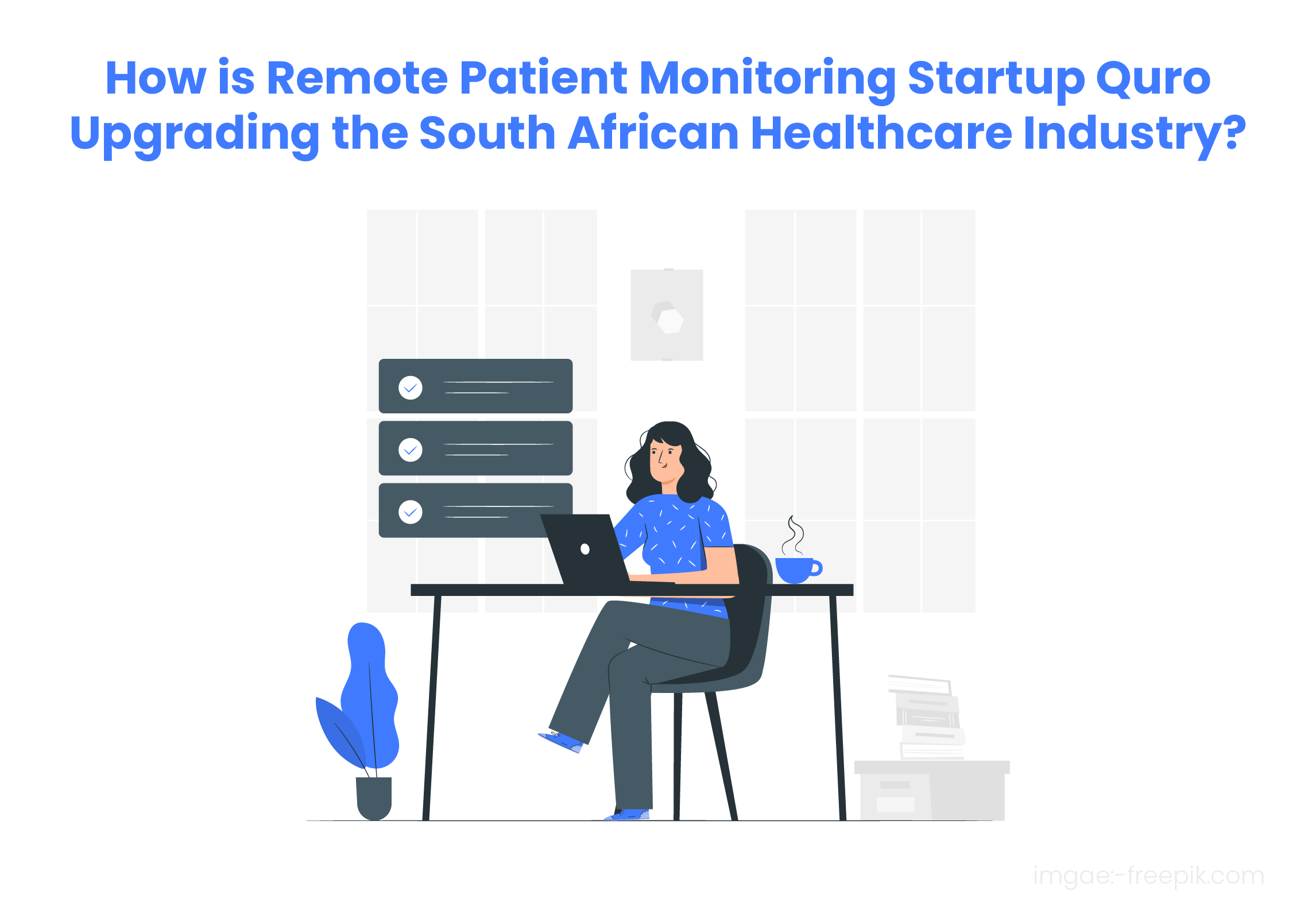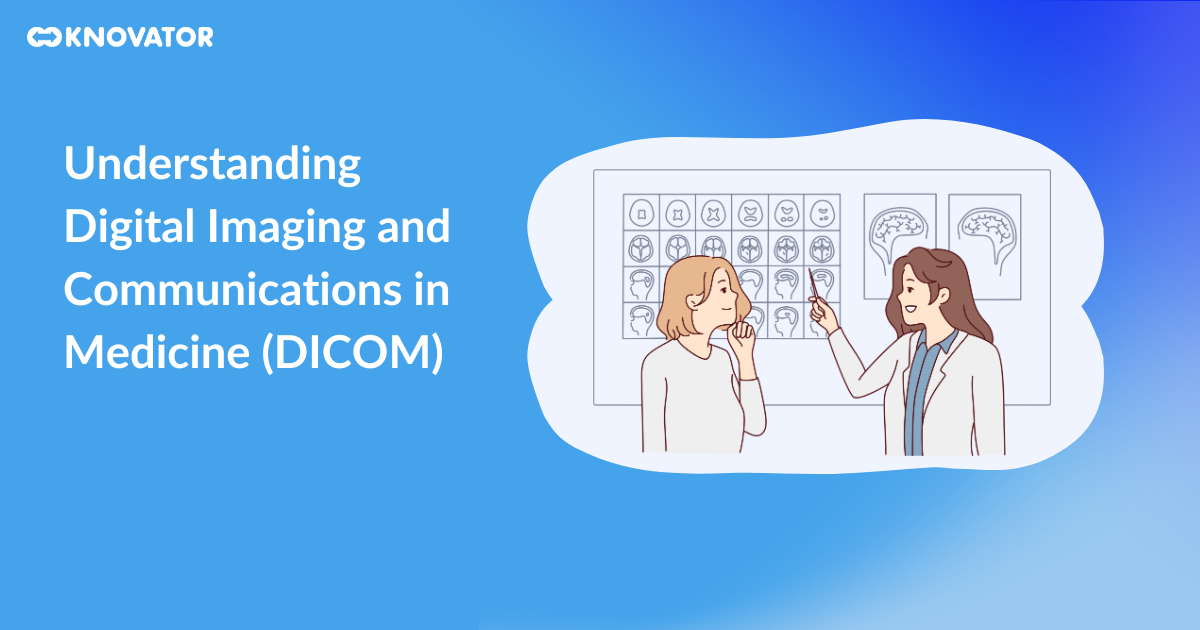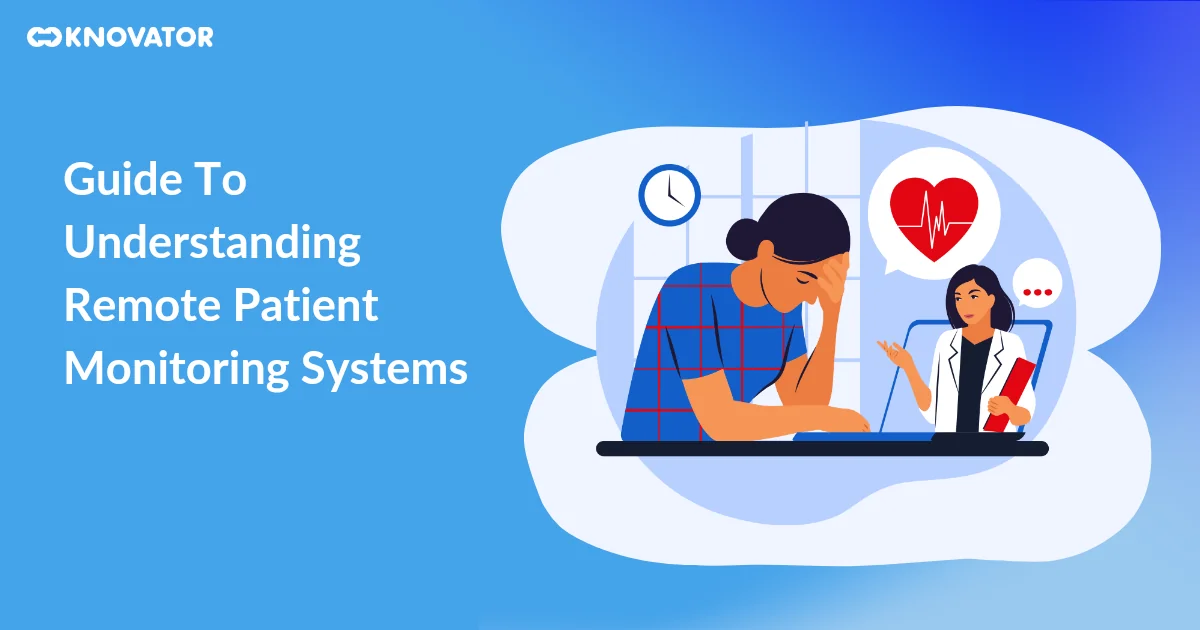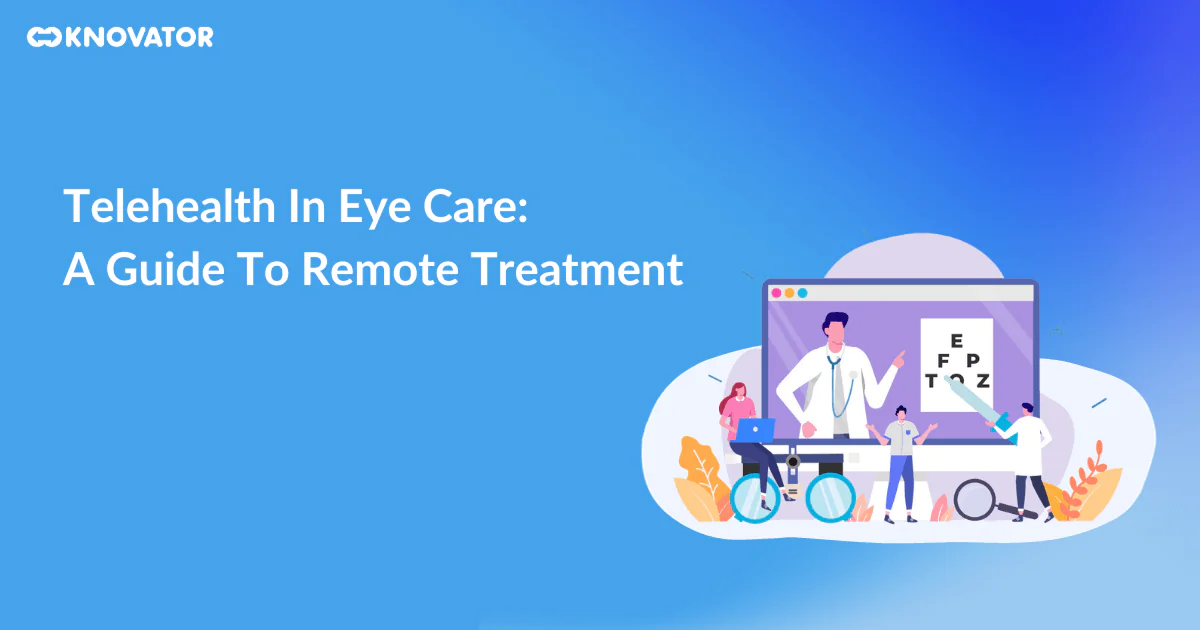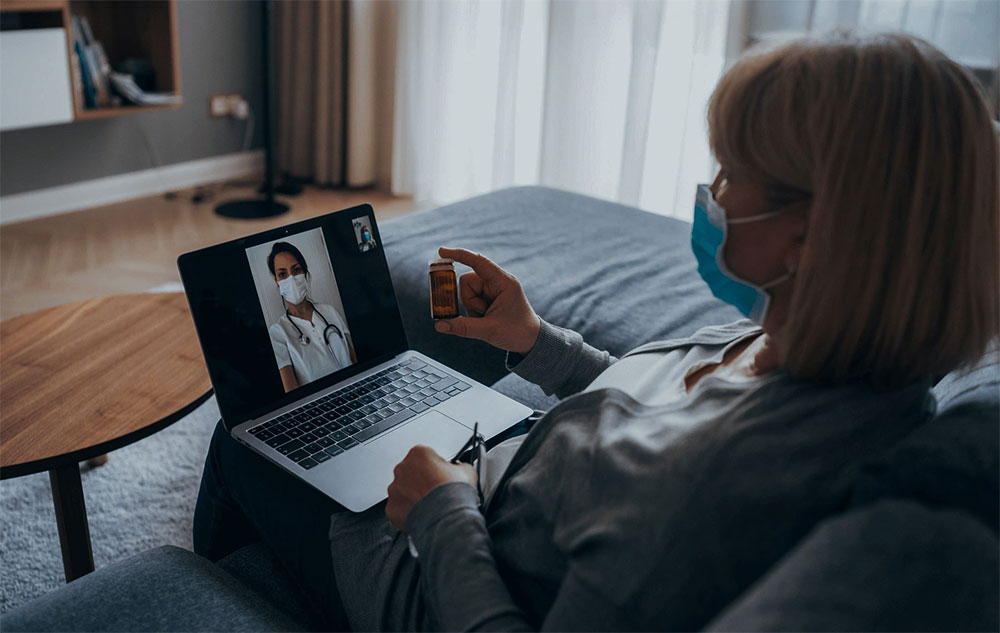A South Africa based Quro Medical is a digital health startup that uses artificial intelligence and technology to offer home-based medical care. Recently they have raised $1.1 million in a seed funding round.
Speaking on the investment for Mohau Equity Partners, CEO Dr Penny Moumakwa said, “We are very excited to be invested in Quro, they are a dynamic management team, building out a global medical solution, that will showcase the ability of entrepreneurs on the African continent in advanced digital healthcare.”
In the year 2018, Quro Medical was founded – with the aim to manage acutely ill patients in the comfort of their homes with the combination of hardware, software and the expertise of traditional doctors.
Partner and CEO at the firm Mr Mike Mompi said, “As our collective healthcare systems struggle to care for patients beyond the walls of a hospital, which we’ve seen exacerbated with the onset of the COVID-19 pandemic, remote patient monitoring and healthcare delivery will undoubtedly form a core part of the lasting solution.”
What is Quro Medical?
Quro is an AI-based healthcare company leading premium hospital at home services in Southern Africa. With a strong personal touch, they combine cutting edge technologies to deliver unique healthcare solutions to their patients.
Quro uses powerful AI to check symptoms with over 7 million disease and illness patterns found in trusted sources like medical journals. So the patients get a medically-validated assessment that is personal and precise.
The headquarter of Quro Medical Care is in Johannesburg, having the vision to deliver premium healthcare solutions accessible and affordable for everyone.
How are they using remote patient monitors to provide hospital-at-home?
More than just technology, they oversee a healthcare ecosystem. Quro Medical facilitates medical-specialist oversight and provides professional treatment.
At present, Quro Medical offers two services.
The first is the remote patient monitoring services. Quro Medical provides real-time monitoring of the vital signs of patients from the comfort of their homes.
The second is the hospital-at-home service. It is a care option in place of a general ward admission. The patient is physically visited and examined by a member of the clinical team once referred by their doctor.
They bring together evidence-based clinical protocols and patient biometrics monitoring with predictive analytics. They also provide on-demand in-home services, equipment & resources in an urgent or emergency event.
If you’re looking for a remote patient monitoring system, let Knovator Technologies be your IT development partner.
What does it mean for South African healthcare?
In the healthcare landscape of South Africa, Quro Medical is ushering in a new era of innovation.
Quro Medical is all set to leverage the power of artificial intelligence and machine learning to harness the Fourth Industrial Revolution, in line with the national strategy of South Africa.
To not only detect but to anticipate which patients are likely to fall into trouble, they are using patient physiological data as digital biomarkers.
What are the benefits of remote patient monitoring?
Nowadays, the population is getting aware of healthcare options and what are the benefits of remote patient monitoring?
Remote patient monitoring solution keeps patients safe and reduces additional stress on hospitals, emergency rooms, and front-line healthcare workers.
It offers 24/7 remote vital sign monitoring including, heart rate, respiratory rate, skin temperature, and oxygen saturation in real-time.
It ensures and manages COVID-19 patients safely and continuously monitored at home. To mitigate the risk of developing COVID-19, it prevents repeated exposure of healthcare workers, and the use of the PPE kit reduces.
Before intermittent or conventional methods, it enables early identification of clinical deterioration. With greater patient satisfaction provides personalised care. It reduces the burden on the hospitals. It is a cost-effective alternative to patients otherwise hospitalised in a general ward.
Other benefits of remote patient monitoring systems are, it Helps to make data-driven clinical decisions, helps patients to improve self-care management, and reduces the cost of care for payers and providers.
Helps to boost net patient revenue, improves work productivity & reduces patient expenses, improves access to care, builds patient engagement, optimises the efficiency of clinical staff, combats clinical staff shortages, helps to prevent the spread of infectious diseases.
Boosts connectivity and involvement in care, improves patient experience and satisfaction, expands referral opportunities and improves retention, anchoring the internet of medical things, monitoring the patient 24/7, RPM for the in-patient.
Also Read : Benefits of Buy Hospital Automated Prior Authorization Solution
Now that you know the benefits of remote patient monitoring, call our team to know how we can help you digitize your healthcare business.
How can you build a remote patient monitoring startup, like Quro health?
Hire a technology partner to design and build a secure and user-friendly cloud-based application. Such an application should authorise medical personnel to monitor the vital signs of their patients remotely.
Not all population is tech-savvy. Make sure that the app keeps the user interface simple and has simple navigation options.
Integration with the security system is a must. When developing an RPM solution, some of the names that should be on your list are HIPAA, HL7, FDA, SOC2 TYPE 2, ISO 27001, IEC etc.
To know patterns and trends in the health of patients – Business Intelligence Tools and Data Visualization Techniques – should be employed in the app. It helps doctors to understand the risk and make better treatment decisions.
To avoid battery drainage and decrease memory consumption – limit background processes, enable Bluetooth low energy to connect to the health trackers and wearables, use dark mode and notify users when data collection or transmission is lost.
Enable Geolocation or voice commands to boost user experience. It will help your patients to find the nearest clinic or pharmacy in case of an emergency.
Now you have everything in your app to give your patient a satisfied care experience.
But always remember that only launching an app is not just enough. You need to monitor the app performance, identify the issues, troubleshoot the problem and make necessary updates as and when required.
Keep tracking user feedback and subsequently add or remove or update the features. Also, get updated with the changes in law and regulations for long term solutions.
With all such information, we can conclude that remote patient monitoring solutions in the healthcare market are the fastest gaining momentum and are the next big thing in the healthcare industry.

